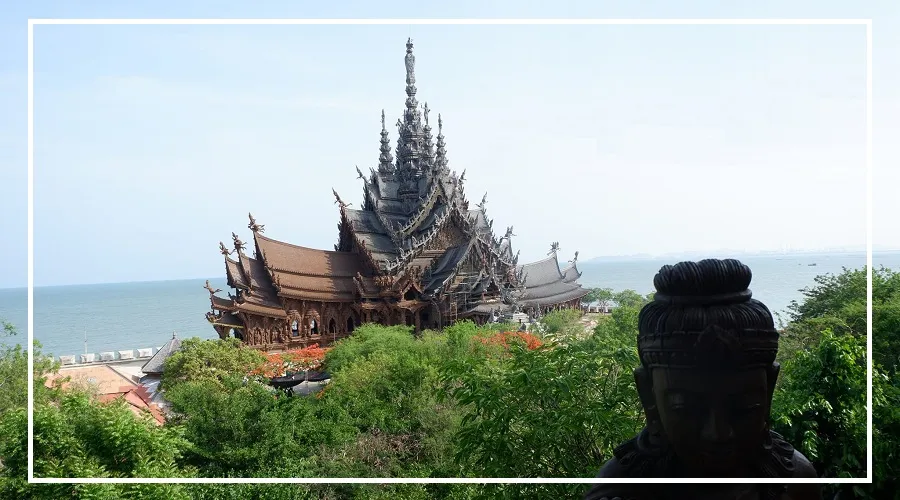After several days of conflict, Thailand and Cambodia have agreed to an “immediate and unconditional” ceasefire starting at midnight on July 28. The decision aims to stop the deadly clashes along their shared border.
ASEAN-Led Peace Talks
Malaysian Prime Minister Anwar Ibrahim, who chaired the peace talks as the head of the ASEAN regional bloc, announced the agreement.
He said both countries had reached a mutual understanding to take steps toward returning to normal relations.
Leaders Confirm Ceasefire
In a joint statement, Ibrahim confirmed that Cambodian Prime Minister Hun Manet and Thai Acting Prime Minister Phumtham Wechayachai had agreed to the ceasefire.
The two leaders expressed support for the outcome and shook hands at the end of a short press conference.
Origin of the Conflict
The fighting began due to a long-standing border dispute between the two nations. Clashes erupted at several points along their 817-kilometer boundary.
Violence and Escalation
Tensions rose when a landmine explosion injured Thai soldiers. This incident led to artillery exchanges, airstrikes by Thai F-16 fighter jets, and intense ground combat involving tanks and rocket launchers.
Mutual Accusations and Casualties
Both countries accused each other of starting the conflict and attacking civilian areas. The violence resulted in heavy casualties on both sides.`
























